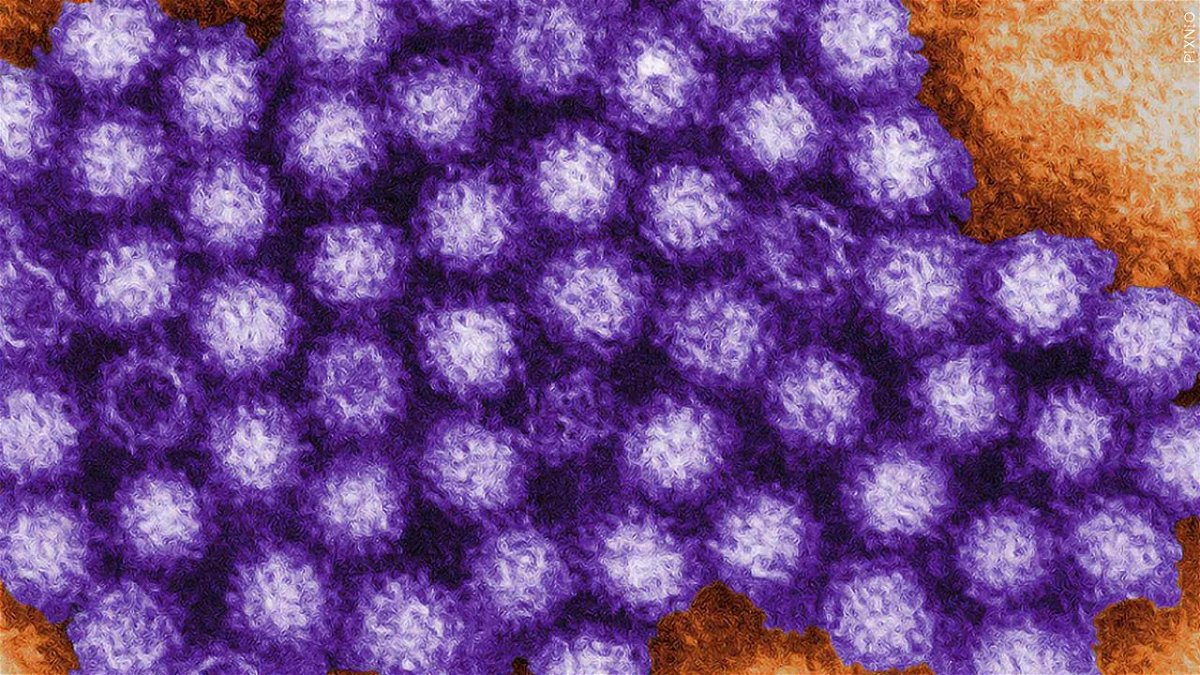Norovirus making the rounds in Wyoming again

JACKSON, Wyo. (KIFI) - The Wyoming Department of Health (WDH) reports Norovirus is probably a behind recently increased reports of illnesses in Wyoming.
Commonly described as “stomach flu” or “food poisoning,” norovirus is spread when people eat contaminated food or touch contaminated surfaces or through close contact with someone already sick.
Matt Peterson, WDH surveillance epidemiologist, said contamination is frequently not obvious.
“A kitchen or restroom may look clean, but we’re often talking about extremely tiny amounts of poop or vomit. We can’t always see what can unfortunately make us very sick,” he said. “When people get ill this way, they most often blame the last thing they ate. But that’s not always the case. Illness can hit quickly between 12 to 48 hours after a person has been exposed.”
People who are sick with norovirus may experience nausea, vomiting, watery diarrhea, stomach cramps, fatigue and, sometimes, dehydration. Other viruses and illnesses caused by bacteria contamination such as from E. coli can cause similar symptoms, but norovirus is the most common cause.
“Symptoms usually last from one to three days without causing long-term problems, but when they lead to dehydration, it becomes a serious situation,” Peterson said.
People who become severely ill may need to call or visit a medical professional. Infants, young children, immune-compromised persons, and persons unable to care for themselves, such as the disabled or elderly, are at higher risk for dehydration and may need hospitalization.
“Norovirus illnesses can be prevented,” Peterson said. “It sounds too obvious or simple, but good hand washing and cleaning practices are critical. It’s also important to know people can still be contagious and spread the virus for a few days after they no longer have symptoms.”
Recommended steps to help prevent illness include:
- Frequently wash hands with warm water and soap, especially after using the restroom or changing diapers, and before eating or preparing food.
- If ill, stay home from work and school, especially if employed in food-handling, healthcare or child care.
- Ill persons should take extra care to avoid spreading the virus by minimizing contact with other persons while ill and practicing good hygiene.
- Thoroughly clean and disinfect contaminated surfaces immediately after an episode of vomiting or diarrhea with a solution of 1 cup household bleach per 1 gallon of water and letting the solution sit for one minute. Always follow manufacturers’ safety precautions.
- Immediately remove and wash contaminated clothing or linens after an episode of illness (use hot water and soap).
- Flush or discard any vomit and/or poop in the toilet and keep the surrounding area clean.






